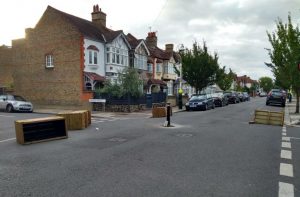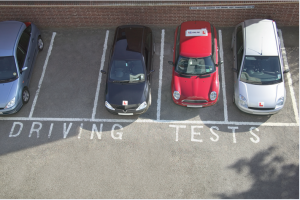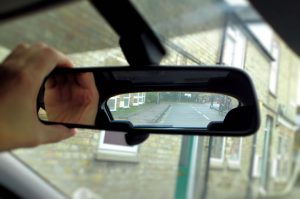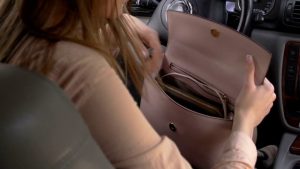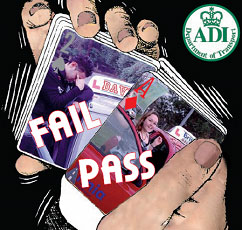If you’re driving home for Christmas or going anywhere in the car make sure you’re staying safe, here some tips to avoid getting in any trouble
In the run-up to Christmas, many drivers might want to get in the festive spirit as they make their way to finish up their Christmas shopping before heading home to visit the family.
Some might want to decorate their vehicle for the occasion, while others will be blaring Wham! or Mariah Carey and sing along at an incredible volume.
But despite the holiday fun, the most important thing is to always be safe in the car.
Driving at Christmas can be exciting, however there are some little-known things that could put your safety at risk and invalidate your insurance.
“Whilst singing along to christmas songs and adding decorations to your car may seem like fun, they could also be a huge distraction and land you a hefty fine or increased car insurance premium.
“Keeping your car safe from crime is also increasingly important during the festive season, as the winter months are notorious for car theft.
“Always keep your vehicle locked and avoid leaving expensive items on display.”
Hereare the top three Christmas driving mistakes to avoid to save you from fines of up to £5,000.

Decorating your car for Christmas
Last month, over 3,240 Brits searched google for ‘car reindeer antlers’ and a staggering 10,320 have been looking for ‘Christmas car decorations’.
Whilst Christmas car decorations may definitely add some festive cheer to your motor, they could also invalidate your insurance policy, as companies may refuse to pay out on claims if you’re involved in an accident.
This is because decorating a car is considered a vehicle modification. Companies invalidate cover because upgrading the aesthetics of a vehicle can make the car more attractive to thieves and criminals. It could also mean your car insurance premiums increase, as the likelihood of you claiming on a policy would have also increased.
Anything from snowflake stickers to tinsel could cause the agreement to be compromised, so it might be worth keeping the festive décor to just your home.
Having a festive sing-along

When the weather gets colder and the twinkling lights are switched on, we love nothing more than a Christmas sing-along, but it seems the car isn’t the best place to belt out a bit of Bublé, as those who sing and dance behind the wheel could be hit with a hefty fine of up to £5,000 if they get caught.
Alongside this, you could also pick up a ‘driving without due care and attention’ or even a ‘dangerous driving’ charge.
The penalties can be severe, with a fine of up to £5,000 and nine points on your licence in the most serious of circumstances.
Driving with a tree on top of your car

It’s not illegal to drive home with your Christmas tree tied to your roof but you could land in trouble with the law if it’s not tied down securely enough.
The Highway Code states motorists must secure their load and ensure heavy and sharp objects are safe.
Your Christmas tree must also be small enough to be transported safely. Large trees should not be carried by small cars or vans, as they could easily fall off and cause an accident, which would invalidate your insurance policy.
Police officers will stop drivers if they deem a load to be too great and can issue fines of £100 for breaking the rules.
To avoid increasing your risk of an accident, or landing a fine from the police, ensure your Christmas tree is properly fitted to your car roof before driving home. If you’re in doubt, ask a professional to help assist you tie the tree down.
 Buy Gifts Vouchers Here
Buy Gifts Vouchers Here Intensive Driving Courses
Intensive Driving Courses Driving Test Booking Services
Driving Test Booking Services







